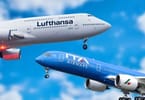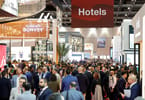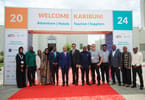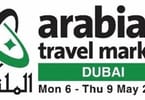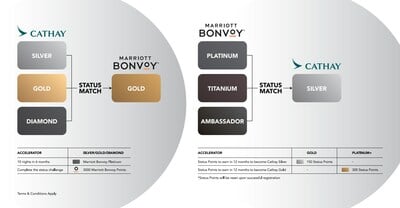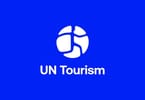Adrian Schofield:
Yeah.
Ihe kpatara ya:
Sometimes instead of sending two wide body, I have a capacity issue also with the wide body, because they’re all over in all the long halls in cargo. So if I have to do a narrow-body flight to the Middle East or to Singapore for… but I sometimes do two instead of one, that’s better.
Adrian Schofield:
Okay. Are you interested in the longer range, narrow bodies that are coming onto the market now? Or
would that not be so suitable for your operation?
Ihe kpatara ya:
That may not be, considering our stage lane and the network, that may not be ideal for us. Yeah.
Adrian Schofield:
Right. I think because you primarily use the narrow bodies into India, I guess.
Ihe kpatara ya:
Hey, it’s India. If you look at a three, sorry, 321 here, we can operate to places like India, the Middle East, but China is to be tough with the payload.
Adrian Schofield:
Yeah.
Ihe kpatara ya:
So yeah. So that’s that, and the Middle East we are okay, but then again there are a lot of cargo. We are missing out if you operate a 321.
Adrian Schofield:
Right. Okay. And I’m also interested in the developments on the MRO front. I know that that is an area that you’ve been looking to develop a little bit. So could you tell us about what’s happening with your MRO operation?
Ihe kpatara ya:
Yeah. We got recertified by [inaudible 00:26:07] and we are doing a lot of work at the moment for other airlines, the third parties and all that. So we plan to grow that, but what we are looking at is, we need to do a joint venture and we got a nice facility in down South in Mattala. Long-term, we need to have a partner, to find a partner and do a proper joint venture.
Adrian Schofield:
Okay. Right. To perhaps increase the third-party work.
Ihe kpatara ya:
Yeah. Yeah. So we are doing, at the moment, we are making, so we got additional line. We make use of that. We are done quite a lot of third-party work for the last two to three years. But that work will continue. Yeah.
Adrian Schofield:
Right. Okay. And just finally, a more sort of general question. In what ways do you think the travel experience and the airline industry have changed long-term as a result of the pandemic?
Ihe kpatara ya:
Yeah. I think people will learn to be more tech-savvy, they had to adapt to technology. You’ll have contactless travel. So this is one of the things we also did was we like re-vamped our back office. Now, our e-commerce penetration was about 14% by looking at doubling it within the next two years. And all this. So it will be more seamless travel now, travel policies one year, we are also working on it. Singapore has already introduced it. So it will be… And plus, also I would see it be more point-to-point traffic, people who divide at least initially the hubs.
Adrian Schofield:
Mm-hmm (affirmative). Right. So contactless travel, it will be perhaps a bigger thing.
Ihe kpatara ya:
Yeah.
Adrian Schofield:
Right. Are you doing trials with any of the digital travel passes at the moment?
Ihe kpatara ya:
Yeah, we are still in the development phase. We got some things done. We don’t have a fully-fledged solution as such, but we’ve got the boarding passes and all done. So even the safe checking-in queues are in place. So, as the airport resumes operations, we’ll make use of those, yeah.
#mmegharị njem






